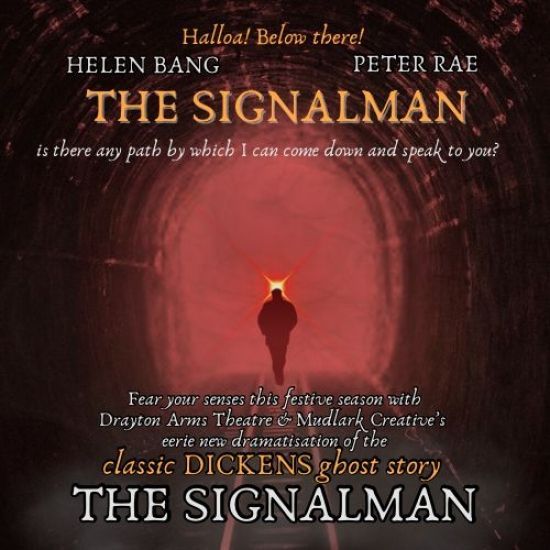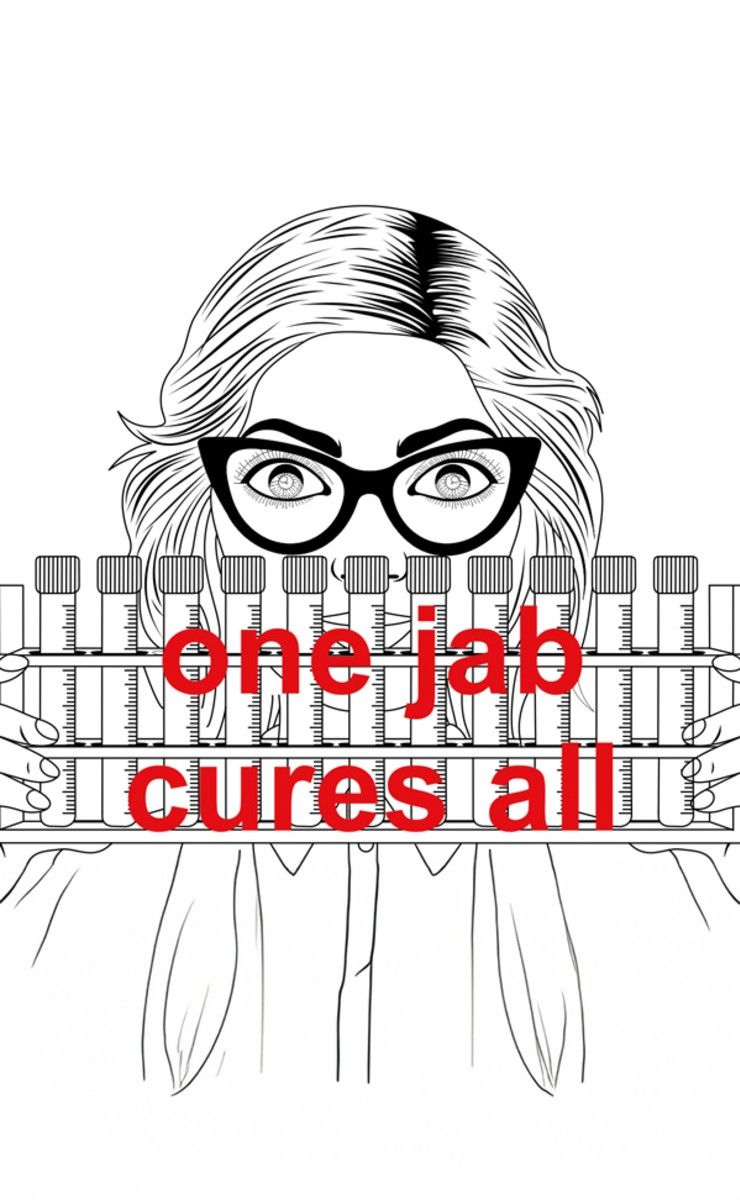Remember the good old days when we would satirise our politicians in the way you’d satirise anyone? By writing a script with politicians in it doing things that are a bit more ridiculous than the things real politicians do. You can absolutely imagine a storyline in Yes Minister or The Thick Of It where an article once written by a current Prime Minister in which he’d called gay men ‘tank-topped bumboys’ re-surfaces, or where a leader of the opposition sits on a train floor to complain about a lack of seats when there are empty seats in the background of the photo. But those ridiculous things aren’t satire any more, they are happening for real, on the regular.
Imagine… you’re a writer brainstorming a political satire and thinking of a plot. Wouldn’t it be ridiculous if X was President of the USA? Well, is there anyone more ridiculous than the one we’ve just had? Or… you’re brainstorming an incompetent understanding of the facts for a speech. Well I challenge anyone to create a more ridiculous number than Priti Patel’s three hundred thousand, and thirty four, nine hundred and seventy four thousand. It’s hard to create something that’s any ‘funnier’ than what’s actually happening. This goes beyond politics and into other areas of our lives we used to happily satirise with a little exaggeration. Remember when Alistair McGowan could exaggerate Changing Rooms room reveals and be one of the most popular shows on TV? There’s now a show on the TV called Sex In A Box where people get into a box on stage and have sex. I think that’s coming pretty close to unsatirisable.
I write regularly for Canal Café Theatre’s world-record-holding satirical sketch show NewsRevue and have credits on two Radio 4 satirical sketch shows. As a sketch writer, I don’t think I would’ve ever come up with the Labour leader high-fiving a Shadow Secretary of State’s bosom or a Prime Minister doing the dirty with an actual pig. Almost anything you could write now is too believable to be satire. I was once writing a sketch for NewsRevue and by the time I’d finished it, something more ridiculous had already happened and rendered my sketch comparatively mundane. From news to politics to trashy TV, the world is barmy. How can you satirise it and push those boundaries to funny, ridiculous places when the world is such an overachiever in this field all by itself? Surely it just isn’t possible to satirise a world in which we are all wet wiping our groceries and where somebody actually finds Matt Hancock attractive?
I believe we need a new approach, and I discovered it quite accidentally. My solution is to turn to an overlooked style of writing known as theatre of the absurd. Its heyday was in France in particular in the 1950s and the key names in the genre are arguably Samuel Beckett, Jean Genet, Eugene Ionesco and Edward Albee. Although still celebrated and popular in France, it’s not really something you see on stage often here in the UK. Albee’s Three Tall Women had a successful Broadway return in 2018, and Genet’s The Maids had a fantastic production at Trafalgar Studios in 2016, but apart from that, the English-speaking world seems to have fallen out of love with the genre. Perhaps too many of us were forced to watch a version of Beckett’s Waiting For Godot and thought that all absurd theatre had to be 7 hours long with only enough dialogue to fill 20 minutes. But, no, I am a huge fan of theatre of the absurd, particularly Ionesco. His scripts are fast-paced, irreverent and laugh-out-loud funny. They include some of the physical fun we’re used to in British farce, but play with language in more creative ways, and have an underlying darkness that talks to the meaningless nature of social interaction and, ultimately, life. Somehow though, they’re still not in the least bit depressing – well, not much anyway.
What makes Theatre of the Absurd the ideal way to satirise our modern times? Political discourse in particular has become so meaningless. There is an absolute acceptance of lies, non-expertise and blatant refusal to answer a question, that it really does remind me of an Ionesco play. And, although there’s no logic, the characters in the world you are watching behave as if it’s a perfectly normal conversation – much like gazing in on a press conference with Boris Johnson… “did he just say whackamole?” It’s less about satirising the exact news story or event perhaps, but it satirises the meaninglessness of discourse and how we carry on with it, even when there is no meaning there at all, because it’s all we know. At its core, theatre of the absurd tackles what happens when our existence comes to lack purpose. Speech within the plays becomes irrational and meaningless and things generally go in a big circle and wind up back where they started. You seeing the comparison to our political make-up now?
During lockdown, I saw a callout from production company, Shakespeare In Italy, for a script ‘inspired by lockdown’. I set about writing some ridiculous dialogue based partly as a process of catharsis whilst reading through my own bonkers lockdown diary ramblings and partly just to let out some of the crazy things we’ve all seen, heard and felt during the pandemic. I entered it into their competition, and… it won. What’s more… everyone in the online audience was talking about how therapeutic it felt… and, although mostly complete gibberish, very relatable. One critic compared it to Ionesco. It turns out, I was writing a piece of absurd theatre without even realising it. It features a sort of politician-like character, and, I think I naturally gave a surreal absurdity to their dialogue because… it’s almost what we get. So I haven’t been able to exaggerate the actual event or the decisions, but I have been able to satirise the attitude, the communication style and the way that British officialdom works. It’s a surreal conversation between somebody stuck in lockdown and someone who starts as a politician but merges into scientist, Facebook friends and a plant. It’s funny, it’s surreal, it’s littered with meaningless replies to questions, but they all plough on and wind up exactly where they started. It’s funny and ridiculous, but it also reflects reality scarily closely, in an exaggerated way. In my book, that counts as satire.
Published August 2021
Mark Daniels is writer for stage, screen and radio. He is also Associate Artist at Flugelman Productions






